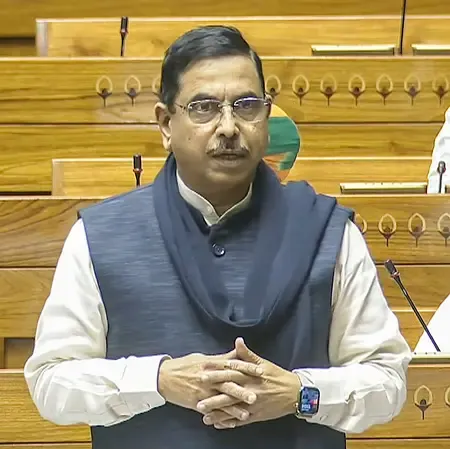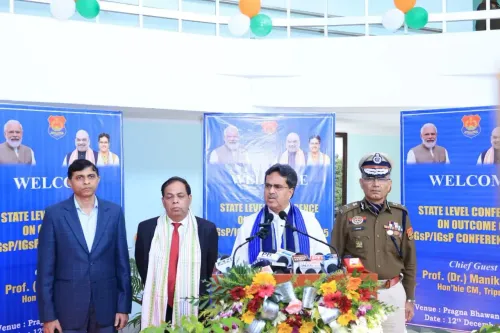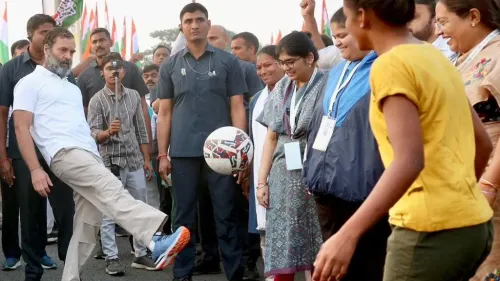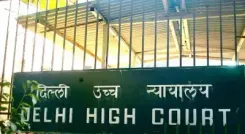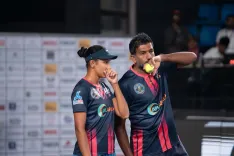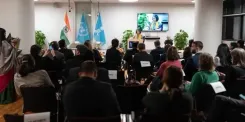Why Did a Woman File a POCSO Case Against Her Husband After Love Jihad Allegations?
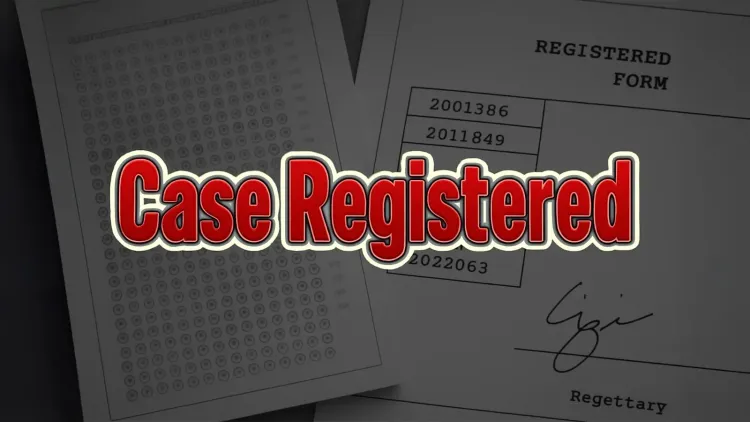
Synopsis
Key Takeaways
- Interfaith marriages can lead to complex legal disputes.
- The POCSO Act is crucial for protecting minors from abuse.
- Cultural pressures often impact personal relationships.
- Legal support is essential in navigating such cases.
- Societal attitudes towards love jihad are evolving.
Gadag, July 23 (NationPress) A woman, who has been embroiled in accusations of love jihad, has retaliated by filing a POCSO case against her husband in the Gadag district of Karnataka, according to police reports released on Wednesday.
Due to the delicate nature of the situation, the Gadag Shahar police have summoned both families for questioning.
The Hindu man fell in love with a Muslim woman and they eventually married. He later claimed that he was unwittingly converted to Islam and that his name was changed at a mosque. Following this, he lodged a police complaint, alleging love jihad against his wife and her family.
In response, the wife has now filed a POCSO case against her husband, claiming that he coerced her into a sexual relationship when she was just 17 years old, thereby ensnaring her in his affections.
The police confirmed that she filed the POCSO case at the Gadag Women's Police Station.
According to police records, the couple had been in love for three years and wed on November 26, 2024, at a sub-registrar's office. Upon hearing about their marriage, the wife's family wished to hold a ceremony in accordance with Muslim customs.
A Nikah ceremony was organized on April 25. However, the husband later discovered that his name had been altered to a Muslim name in the legal documents he signed during the ceremony, something he overlooked as it was inscribed in Urdu. He subsequently filed a case against his wife and her parents at the Gadag Shahar police station.
The husband alleged that even before their marriage, his wife's family pressured him to pray five times a day and participate in community gatherings.
He asserted that his parents, accepting his love for her, were prepared to conduct a Hindu wedding ceremony, which the woman's family was initially agreeable to. However, they later withdrew their consent for a Hindu-style wedding.
The husband claimed he faced ongoing pressure to convert to Islam and that when he refused, the woman's family began to distance her from him.
The man has rejected his wife's claims, and the police are conducting further investigations.


